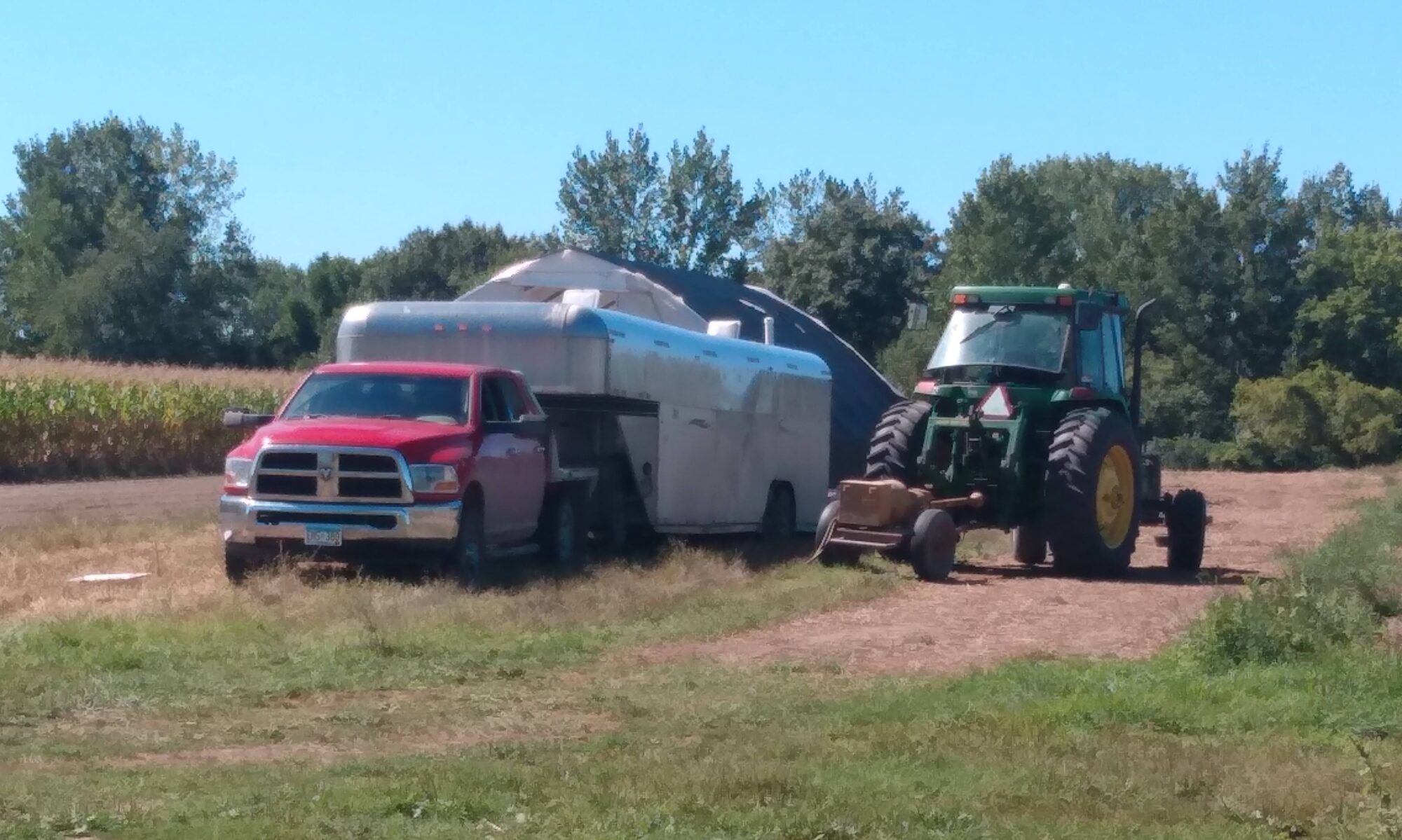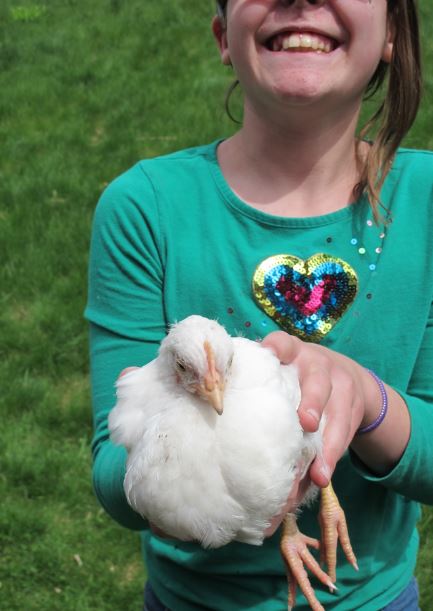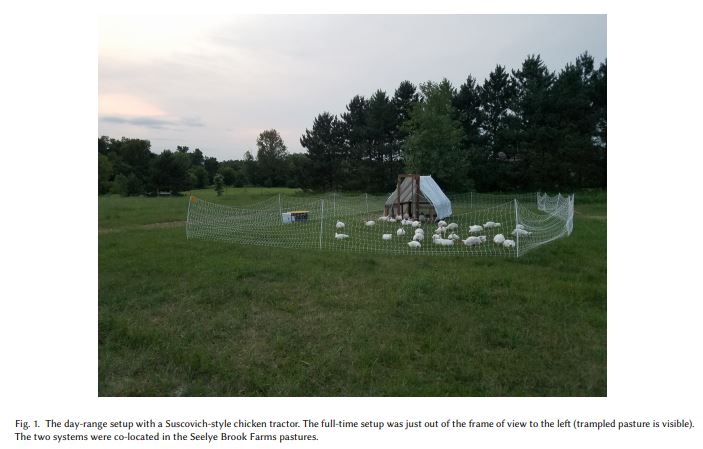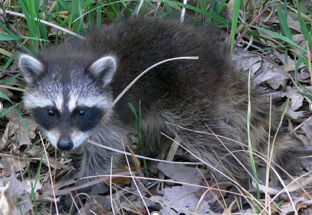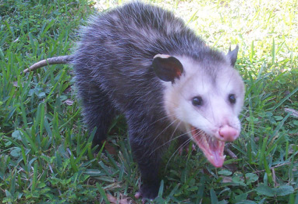Husbandry- I always thought this was a weird way of saying poultry management. When I started with 25 birds (16 years ago) management was easy. Put the birds in a chicken tractor with food and water, then butcher in 10 weeks. Simple. Right?
The next year with 250 birds was a little more complicated. I needed to figure out how to get water out to the birds in the field. I started to buy feed in bulk. I figured it all out the hard (and expensive) way.
The third year was 750 birds. A new set of issues. I needed to be out in the field twice a day to check on the birds. The brooder needed to be managed three times a day. Then we had 1500 and predators started to show up. This was nearing a lot of problems (One which resulted in my father-in-law shooting me in the shoulder!), but I also had 7- 500 # feeders, 2 dogs in training, and was creating jobs for 2 high school students. So, I have learned a lot through trial and error, suffering through learning curves and that’s why I’m so passionate about sharing my experience. Why re-invent the wheel?
I would like to think these tips that I provide will save you time and money. I have a list of personal poultry celebrities that I have learned from and in which I am grateful. If you are reading this, it is all Joel Salitin’s fault. Plus, I love talking to Mary from Hoovers Hatchery every year at Peterson’s mill and Eli Rieff makes amazing poultry processing equipment.
I also love listening to Mike Badger, who has a great pasture poultry podcast. He covers so many podcasts on different issues on poultry. If you want to learn the poultry business then you need to listen to him, but specifically on Pasture Poultry Husbandry. Just to save you some time here is his link! Mike Badger’s Podcast Link
As always, I encourage customers to call me about raising birds and sharing new ideas. Let’s make it a great season!
